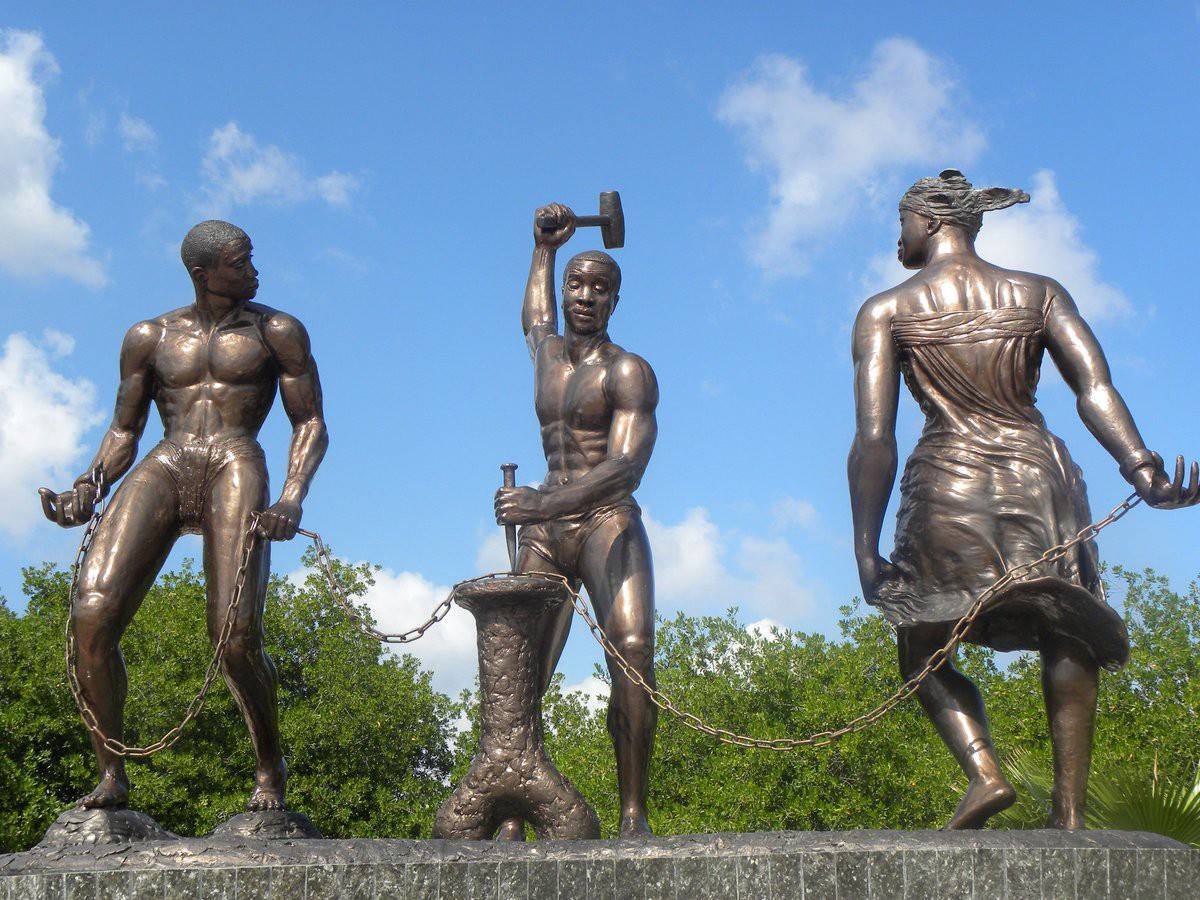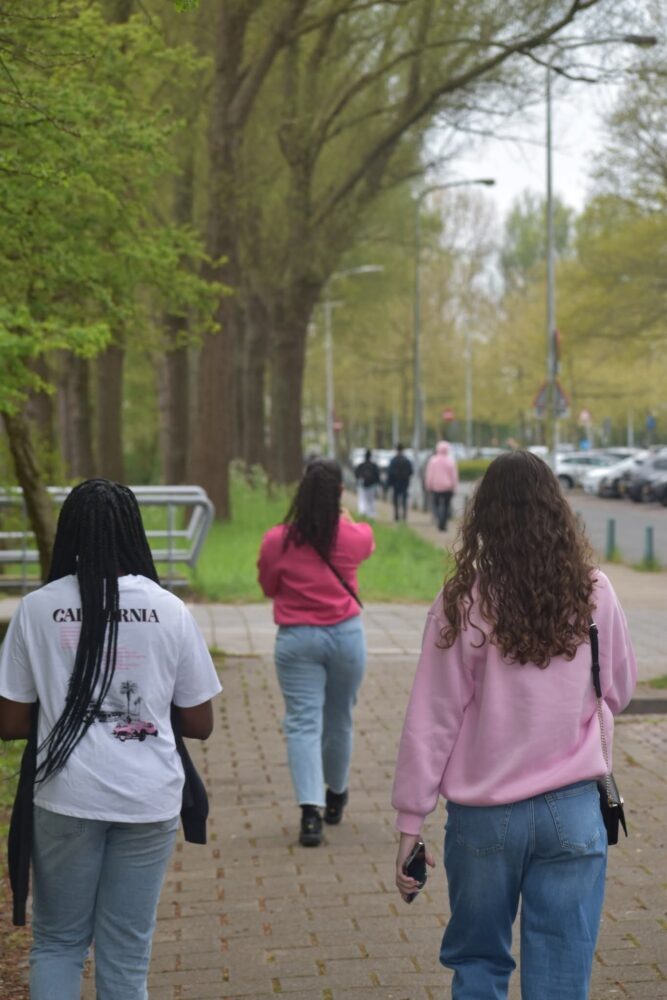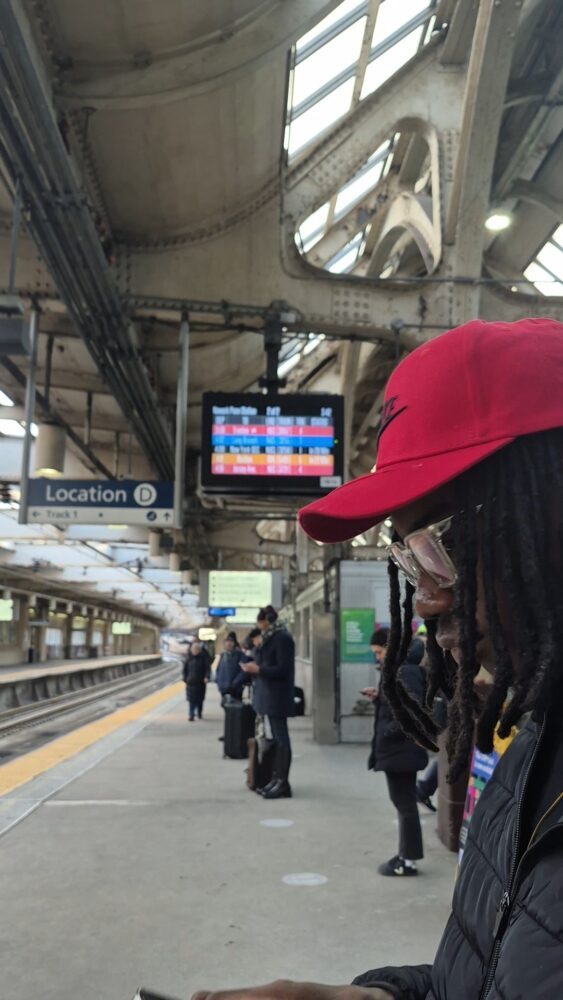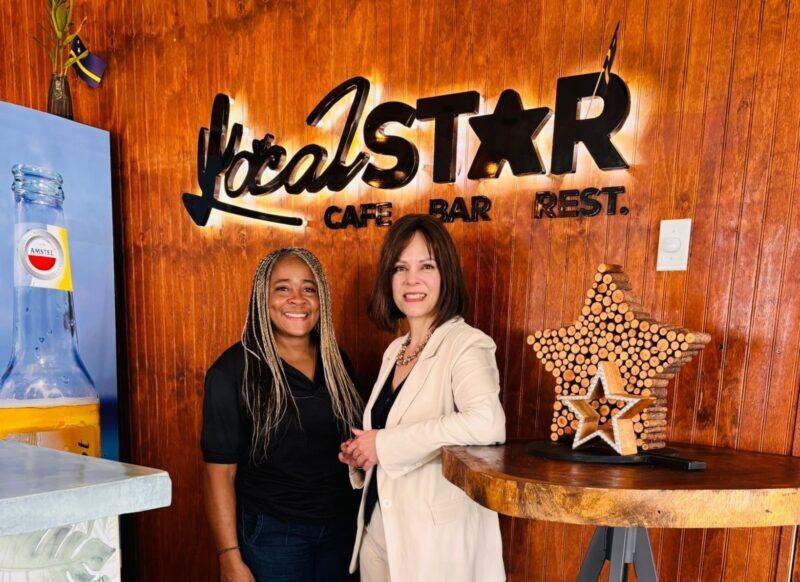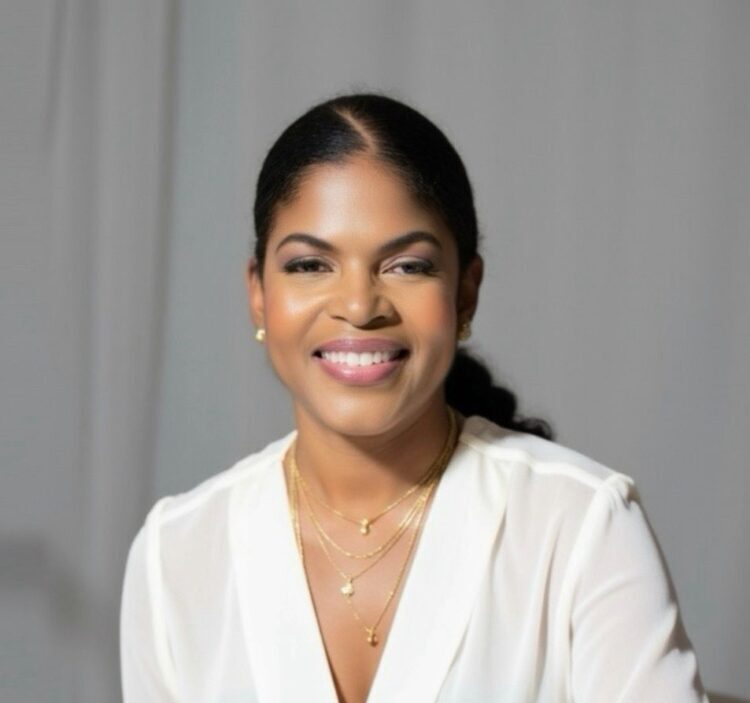For the first time, there is a subsidy or grant program specifically focused on community initiatives about the slavery past on the six Caribbean islands of the Kingdom. The program was published on July 1st, and starting August 11th, non-profit organizations could submit applications for up to $10,000.
“This is an important step. Before, there were funds available, but they were often meant for the entire Kingdom and not always easily accessible,” says Lucia Beck from the Slavery Heritage Memorial Committee.
200 million in two tracks
The subsidy program Beck is talking about is part of the 200 million euros that the Dutch government made available after apologizing for the slavery past. That 200 million is divided into two tracks: 100 million for community initiatives and 100 million for government policy.
Of the 100 million for community initiatives, 33 million is reserved for the Caribbean part of the Kingdom. That amount will be divided equally among the six islands: Curaçao, Aruba, Sint Maarten, Bonaire, Saba, and Sint Eustatius.
Government action plans: each island makes its own choices
Besides the program for community initiatives, there is also 100 million euros designated for policy improvements by the governments. Here too, one-third of the money is meant for the Caribbean part of the Kingdom. Each island got an equal share.
The local governments had to submit their own action plan, in which they indicate what they think is important in processing the slavery past on their island. Those plans were submitted on July 1st. These projects will be carried out by the governments themselves.
“What’s great is that each island got to decide what happens with that money based on their own priorities,” Beck explains. “That’s a form of taking responsibility. Emancipation also means that we dare to make our own choices.”

Lucia Beck (left) and Jefka Alberto. Photo: Kim Hendriksen
Structural funding: the committee itself gets permanent subsidy
Finally, there is a third stream: 8 million euros in structural subsidy for the Slavery Heritage Memorial Committee. That money is meant for long-term efforts in awareness, education, and remembrance — on the islands and in European Netherlands.
“With this structural funding, we as a committee can continue to connect, inform, and support,” says Jefka Alberto, community manager at the committee for the Caribbean part of the kingdom. “We want to activate young people, record stories, and encourage cooperation between organizations on the six islands.”
‘Now the real work begins’
The program for community initiatives opened on August 11th, but Beck emphasizes that this is just the beginning. “We worked for a long time to gather input from the islands. Now it’s up to the organizations to submit their plans. This isn’t a top-down program, but a chance to tell our story in our own way.”




